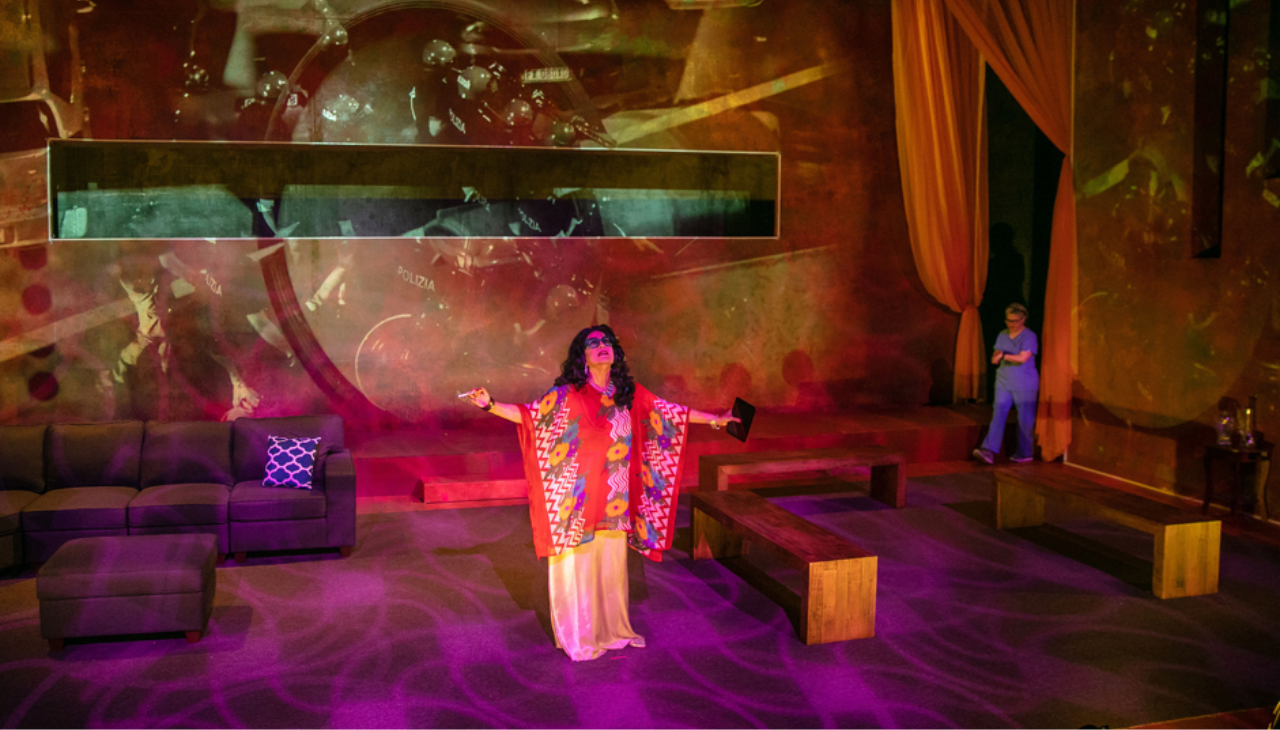
A majority of Latinos say skin color affects their opportunities
Discrimination or racism? Darker-skinned Latinos are a minority and suffer the consequences of their color.
Being Latino is already an issue in the U.S., but being Latino with a dark skin color makes things more complicated. That's the conclusion of the latest National Survey of Latinos released Thursday, Nov. 4.
The Pew Research Center surveyed more than 3,000 Latinos to understand the role of skin color in the experiences of Latino adults, as well as their attitudes about race, race relations, and their personal experiences with discrimination.
For most Latinos, skin color impacts opportunities in the country and affects their daily lives. Sixty-two percent of respondents believe that having dark skin spoils their chances of getting ahead, while 59% believe that a lighter skin tone makes it easier.
Although 81% of respondents consider their skin tone to be "light," they understand all too well that there is discrimination not only from non-Latino whites, but among Latinos themselves based on skin color.
Forty-eight percent of respondents believe that discrimination based on skin color is a major problem in the United States.
RELATED CONTENT
Although not necessarily linked to racism, colorism is a form of discrimination based on skin color. According to the study, "Hispanics in the U.S. may experience discrimination because they are Hispanic (a form of racism), but the degree of discrimination can vary based on skin color, with darker skin tones suffering more incidents (a form of colorism)."
This discrimination can also occur within Latinos themselves, as the issue of skin color has deep historical roots in Latin America, where for centuries the hierarchical system of society has been linked to skin color and race.
According to the survey data, 54% of Latinos have experienced some type of discrimination, but when looking at the issue of skin color, 64% of Latinos with dark skin say they have experienced some type of discrimination.
One-quarter of Latinos surveyed said that growing up their family talked about the problems their race or ethnicity would bring them, and nearly half — 48% — said that skin color and discrimination is a topic of conversation with those closest to them.
However, they also admit that they have often heard insensitive comments about race and skin color from Latinos themselves.
It is also clear from the survey that Latinos feel other types of discrimination within society, 52% believe that being a man helps them get ahead and 44% believe that being a woman affects their chances of doing so, and more than half of the respondents believe that having a college degree and legal status are advantages in the United States.











LEAVE A COMMENT:
Join the discussion! Leave a comment.